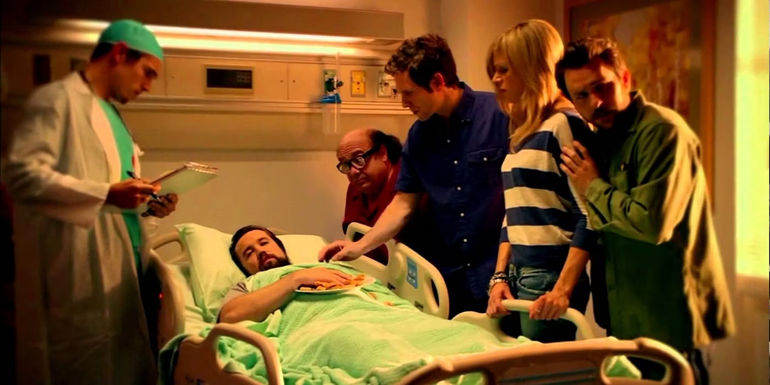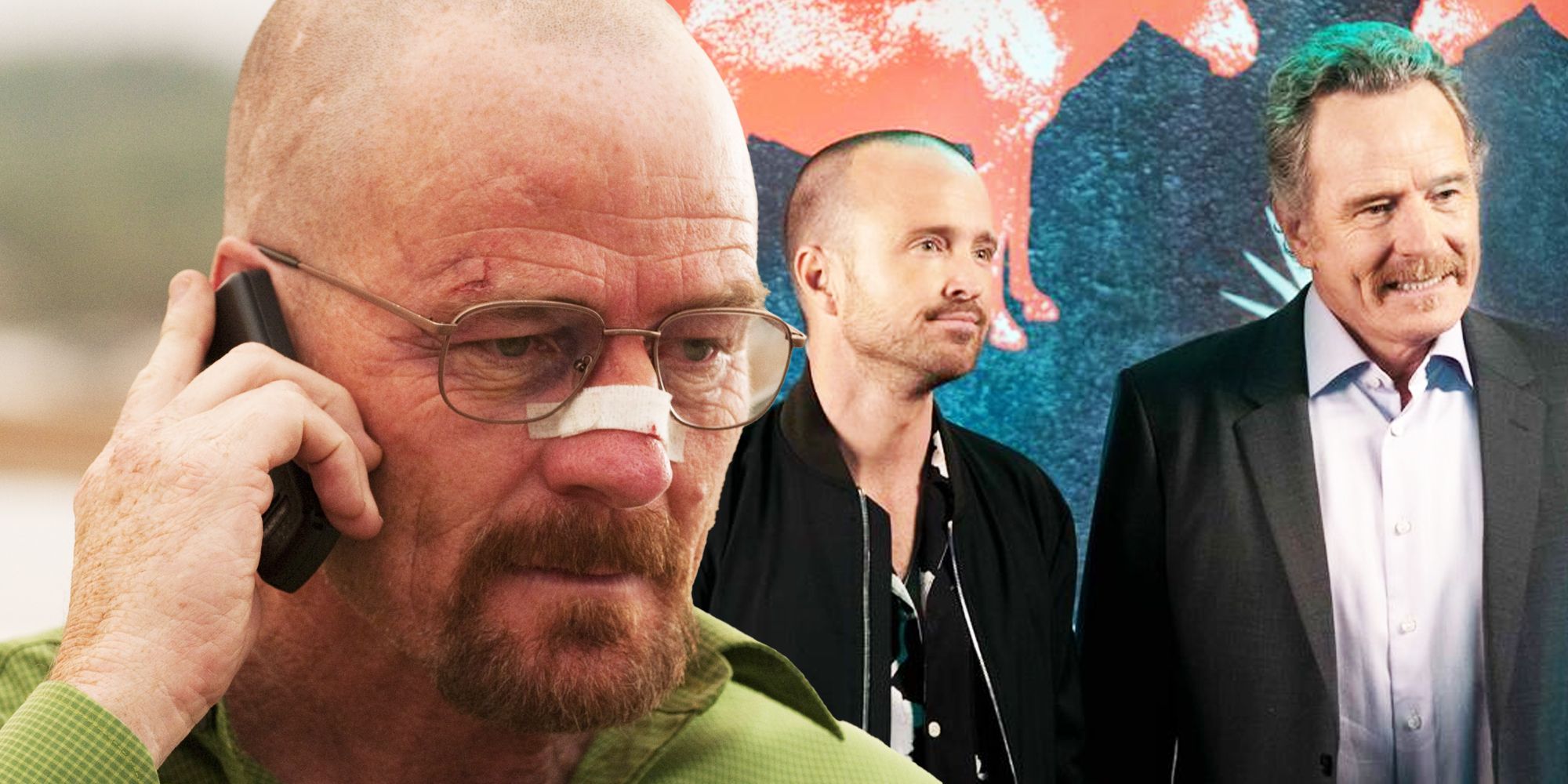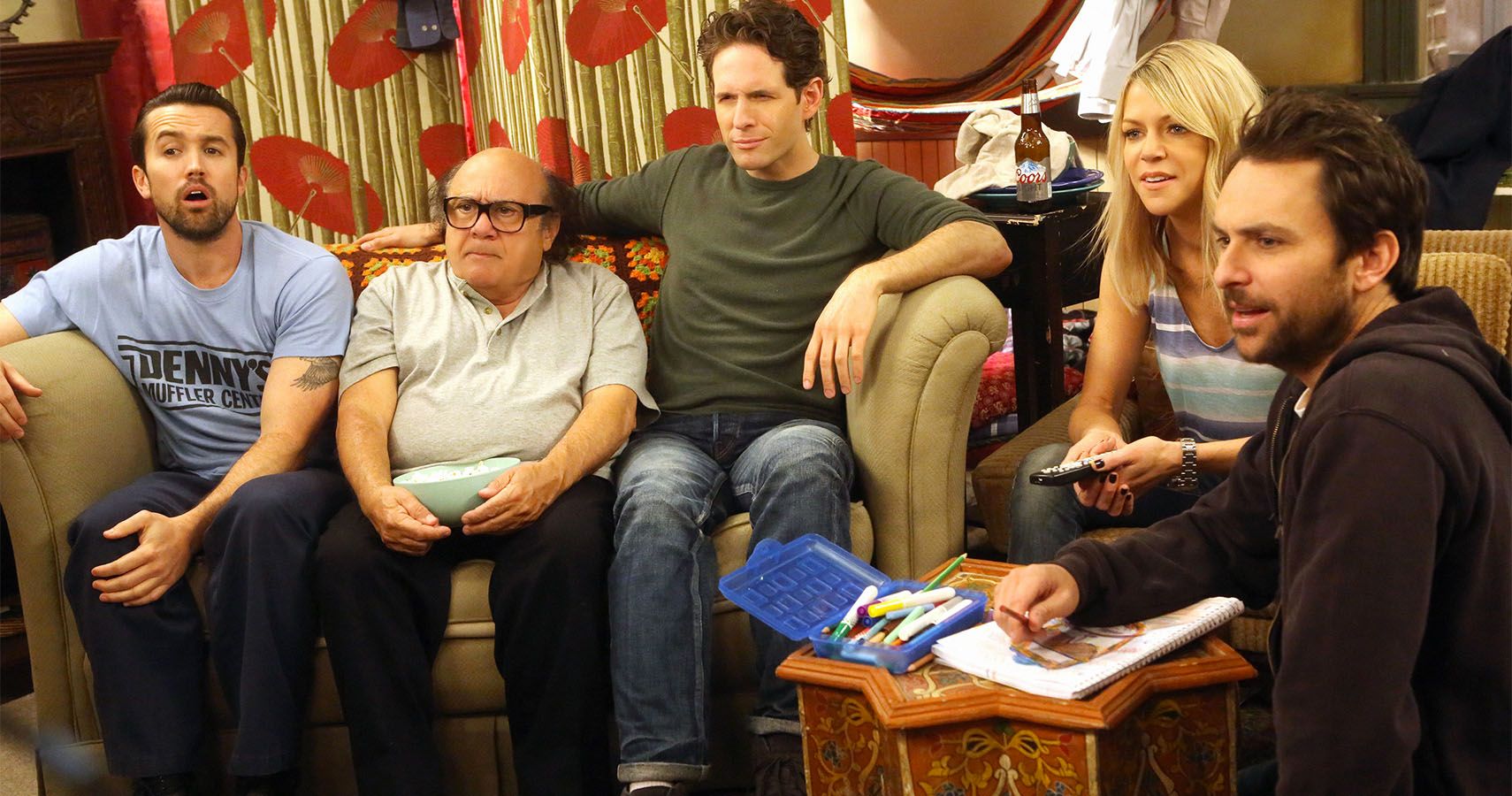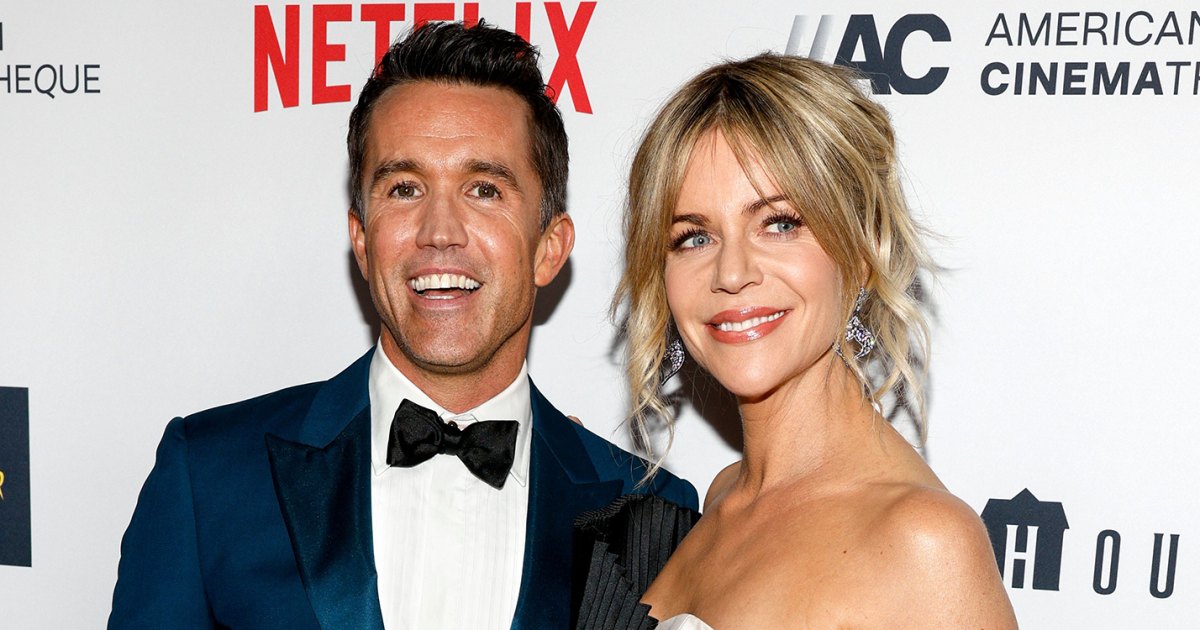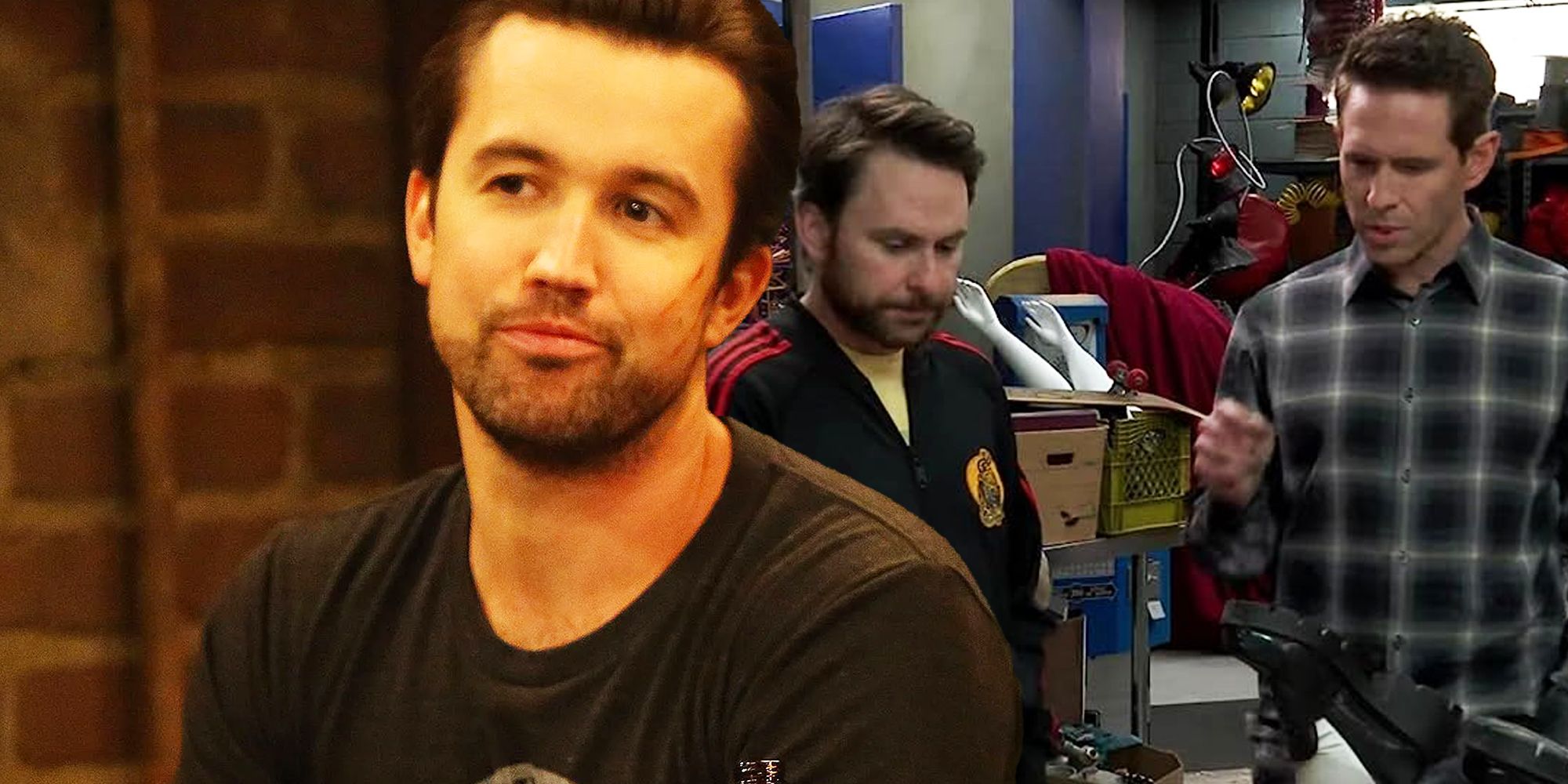
The Transformation of 'Fat Mac': A Bold Journey in It's Always Sunny in Philadelphia

Explore the captivating story of Rob McElhenney's transformation into 'Fat Mac' and his subsequent journey to 'Jacked Mac' in the dark comedy series It's Always Sunny in Philadelphia.
The Rise of 'Fat Mac' in It's Always Sunny in Philadelphia
It's Always Sunny in Philadelphia, a renowned dark comedy series, has captivated audiences with its boundary-pushing narratives and unconventional characters. Among its memorable storylines lies the intriguing arc of 'Fat Mac,' portrayed by the talented Rob McElhenney. This transformation, introduced in season 7, shocked viewers as McElhenney's character underwent a significant physical change, challenging societal norms and stereotypes in television entertainment.
Fat Mac (Rob McElhenney) arguing with Dennis (Glenn Howerton) in It's Always Sunny in Philadelphia
Set in a gritty Philadelphia dive bar, the series follows a group of friends - Dennis, Charlie, Mac, and Dee - as they navigate through morally ambiguous activities and offbeat schemes. The decision to transform Mac into 'Fat Mac' was a daring move that defied expectations, especially given McElhenney's usual muscular appearance. The actor's deliberate choice aimed to subvert the typical trajectory of TV sitcom characters becoming more attractive over time, offering a fresh perspective on body image representation on screen.
Fat Mac (Rob McElhenney) eating donuts in It's Always Sunny in Philadelphia
To embody 'Fat Mac,' McElhenney embarked on a rigorous journey of weight gain, adding 60 pounds to his frame in just three months. Despite initial warnings from a nutritionist against such a drastic transformation, McElhenney was resolute in his decision. His unconventional diet included indulging in high-calorie foods like Big Macs and Krispy Kreme doughnuts, along with a peculiar concoction known as 'ice cream soup' infused with weight gainer supplements. This unconventional approach, coupled with copious amounts of wine and late-night cottage cheese consumption, propelled McElhenney's physical metamorphosis into 'Fat Mac' on the small screen.
Fat Mac (Rob McElhenney) with sweat patches in It's Always Sunny in Philadelphia
Instagram article posted by robmcelhenney
The Evolution to 'Jacked Mac': McElhenney's Fitness Odyssey
Following the 'Fat Mac' storyline, McElhenney faced the daunting task of shedding the weight he had meticulously gained. The subsequent transformation into 'Jacked Mac' showcased a muscular and toned physique, a stark contrast to his previous portrayal. In the season 13 finale of It's Always Sunny in Philadelphia titled 'Mac Finds His Pride,' McElhenney's physical metamorphosis was on full display as he delved into a challenging ballet sequence, deviating from the show's typical narrative style.
Fat Mac (Rob McElhenney) looks confused in It's Always Sunny in Philadelphia
McElhenney's commitment to his character extended beyond physical appearance, as he humorously shared tips on achieving a similar transformation with fans. His satirical advice, laden with sarcasm, hinted at the extreme measures he undertook, including strict dieting, intense workout routines, and monitoring testosterone levels. The actor's tongue-in-cheek remarks emphasized the impracticality and expense associated with such drastic body transformations, highlighting the entertainment industry's unrealistic portrayal of body standards.
Fat Mac in a hospital bed in It's Always Sunny in Philadelphia
Reflections on McElhenney's Weight Journey in Television
Rob McElhenney's journey from 'Fat Mac' to 'Jacked Mac' in It's Always Sunny in Philadelphia offers a glimpse into the lengths actors go to for their roles and the evolving nature of on-screen representations. While McElhenney's transformation was tailored for entertainment purposes, it underscores the pervasive influence of media-driven body ideals and the pressures faced by performers to embody unrealistic standards.
Mac performs his dance in It's Always Sunny in Philadelphia.
The actor's dedication to both comedic storytelling and physical transformations serves as a reminder of the nuanced relationship between appearance and performance in the entertainment industry. McElhenney's portrayal of 'Fat Mac' and 'Jacked Mac' not only entertained audiences but also sparked conversations about body image, self-perception, and the boundaries of character portrayal on television.




